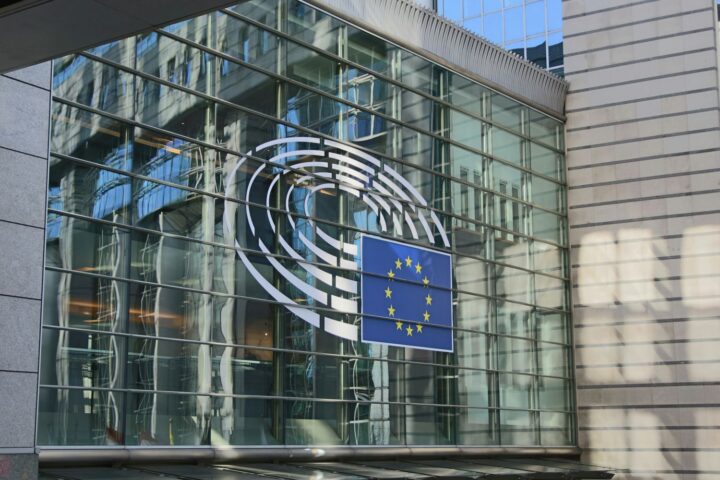NFU reflections on the European Commission’s new proposed legislation on AML/CFT
In the end of July, the European Commission presented their proposal on strengthened legislation on Anti Money Laundering and Countering Terrorism Financing (AML/CFT) rules. The proposed legislation includes both the strengthening of existing legislation and the launch of a new EU authority to fight money laundering.
The Commission is presenting a package with several parts of both sharpening existing legislation and launching new legislation together with the establishment of a new EU authority. The proposal is part of the Commission’s goal to combat money laundering and terrorist financing as part of the Security Union Strategy where these issues are linked to the protection of European citizens from terrorism and organised crime. The aim of the proposal is to improve existing legislation and to close loopholes. The proposal aims too adapt the legislation to new technological developments such as cryptocurrencies and integrated financial flows.
Some of the larger news and changes is presented below:
- The proposal is suggesting the launch of an EU AML/CFT Authority. The Authority is set to be the heart of all the unions work on AML and CFT and will work in close relationship with and coordinate national authorities and support Financial intelligence units.
- The Commission wants to launch a Single EU Rulebook on AML/CFT which is supposed to harmonize and coordinate the work in the union. The rulebooks law enforcement is believed to be a useful tool for national authorities.
- The new proposal is to include all forms of crypto-asset since the existing legislation is not covering all aspects of it.
- An EU wide limit on 10 000 Euros on large cash payments are suggested to make it more difficult for criminals to laundering dirty money.
- Harmonizing the union’s listing of risk-full third countries with the Financial Action Task Force’s global listing. The EU list will both have blacklisting and grey listing of third countries.
The next step for the proposal will be discussed in the European Parliament and Council and the Commission’s goal is for the new Authority to be starting its work in 2024.
Read the European Commission’s press release with links to the proposals here: Beating Financial Crime (europa.eu)
Analysis
Overall, the proposal from the Commission is mostly strengthening existing legislation and making adaptations to the changing world. However, it can be connected to three developments in the area of finance and European politics. First, the proposal is showing that the Commission is viewing money laundering issues as a big challenge not only for safe finance but also as a matter of the security of the European Union. This is especially evident in the fact that the Commission is linking the proposal to its initiative Security Union Strategy.
Second, the initiative to include and strengthen the work on AML/CFT to crypto and digital currencies is yet another indication of the rapid development in the digitalisation of finance and the need for legislation to keep up with its pace.
Lastly, the initiative to include the establishment of an EU Authority on AML/CFT is going hand in hand with the development of the European Union under this Commission. Establishment of new authorities and initiatives to move work (and power?) to the Union could be seen as the Commission wanting to further centralise the power, or at least strengthen the work of the Union to EU Authorities. Another example this year is that the proposed legislation on AI also included the establishment of a new EU Authority.
NFU’s view
NFU is welcoming the proposal and share the Commission’s view that money laundering and terrorism financing are existential threats to the financial system. For NFU however, the employees and employee perspective does always come first. Therefore, we continue to stress the need for an employee perspective when adopting this legislation.
Firstly, more regulation will lead to a higher demand on the AML employees and must therefore be followed by training and improvement of skills for the employees. This is the responsibility of the employers.
Second, working with AML/CFT activities are dangerous work and might lead to threats and hostility towards the employees. The reports on suspected money laundering must be safeguarded, ensuring to the fullest extent possible that no reported person or unauthorized person is informed thereof and that the employees carrying out the work will be protected and anonymous.
Simon Jernberg
Policy Advisor, NFU
sje@nordicfinancialunions.org


